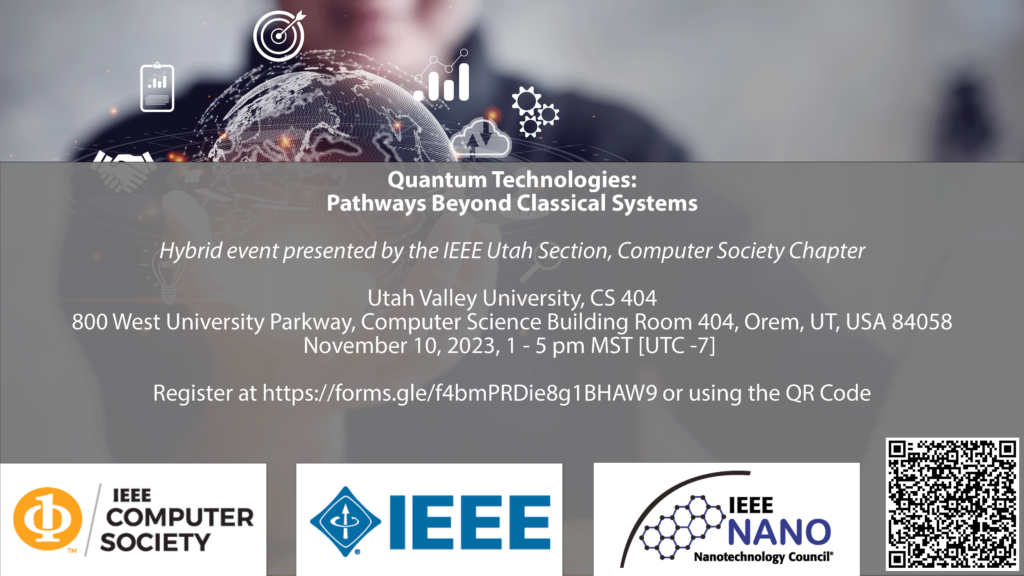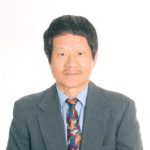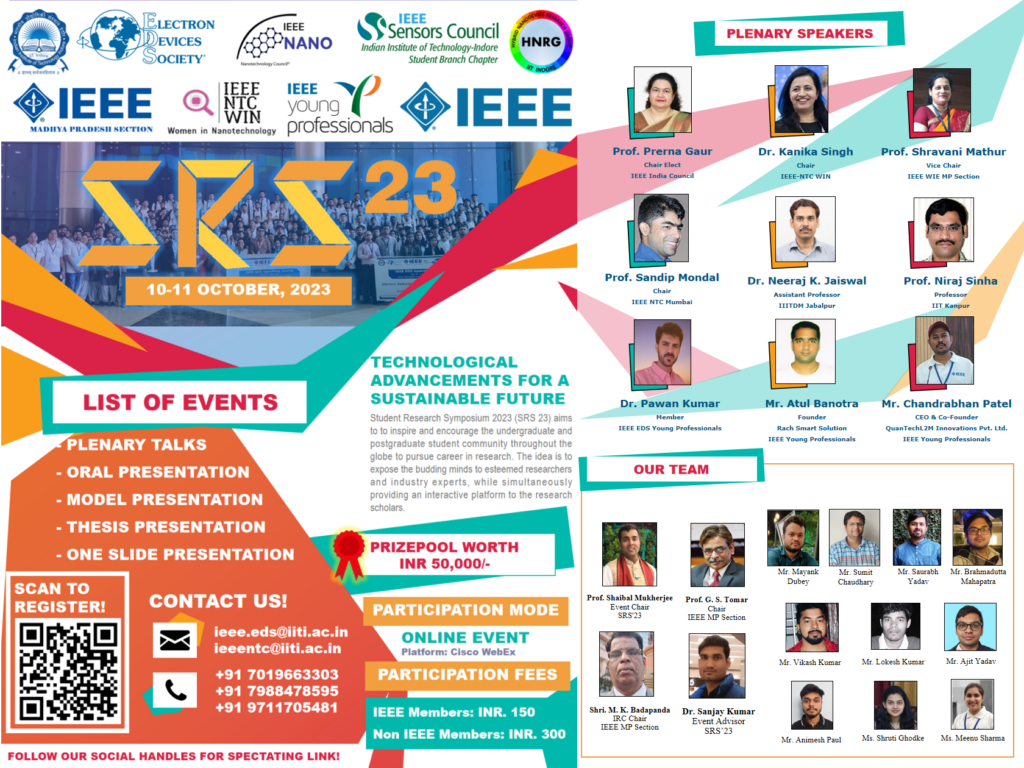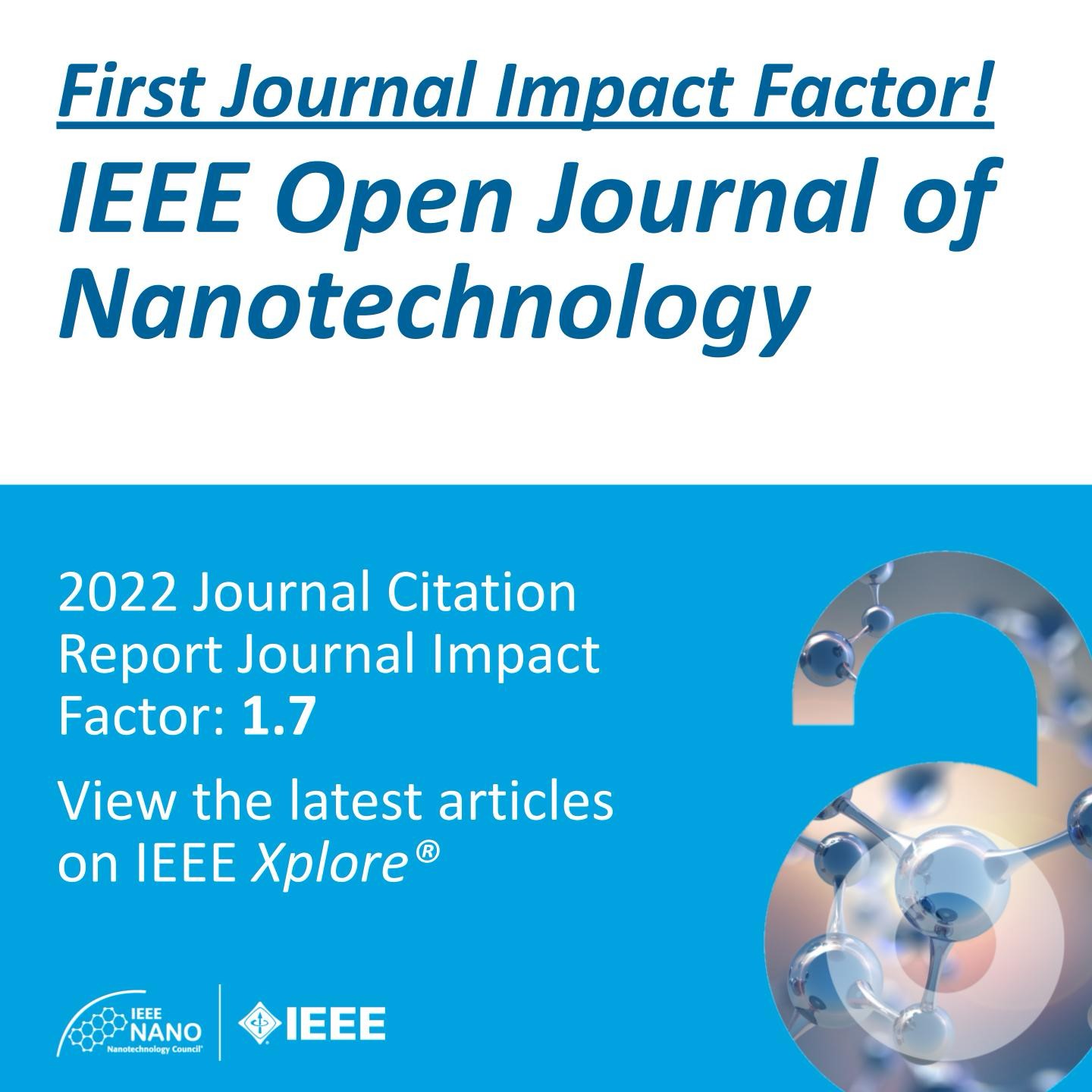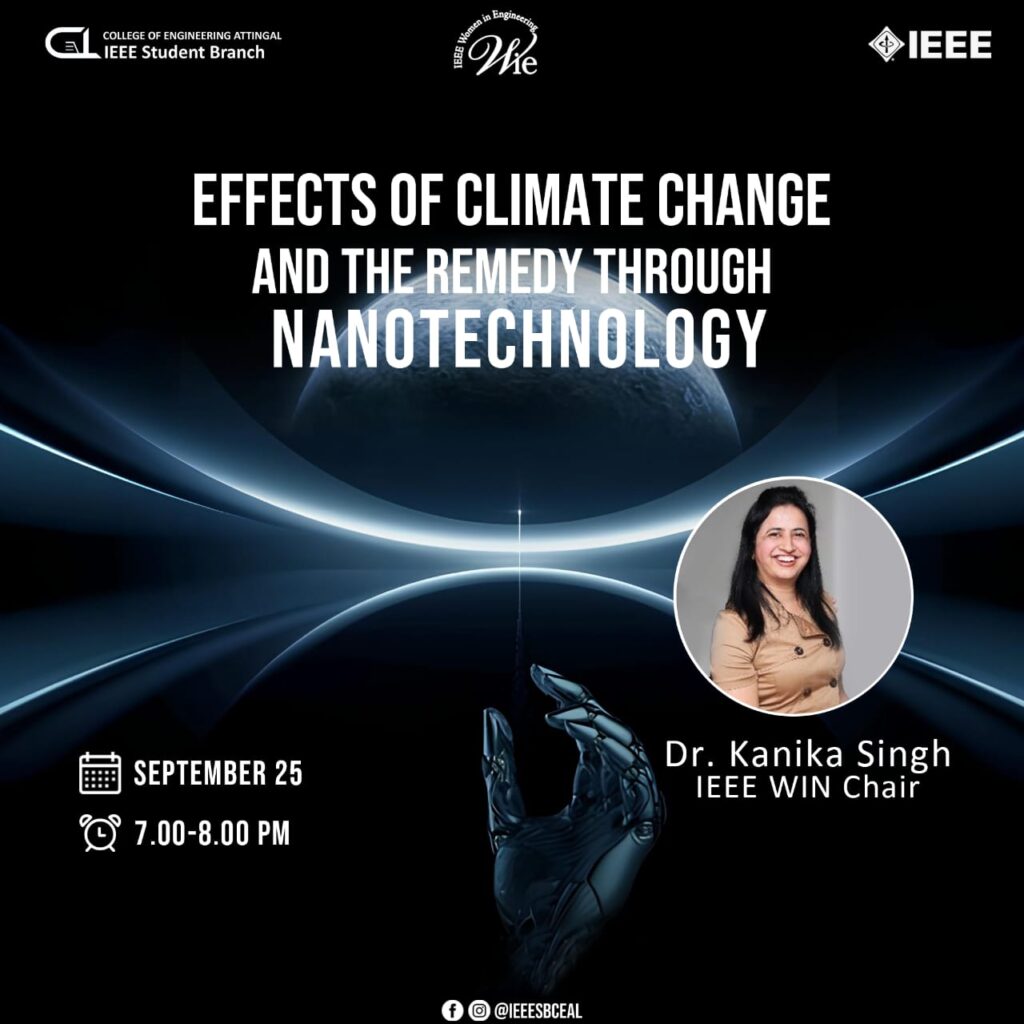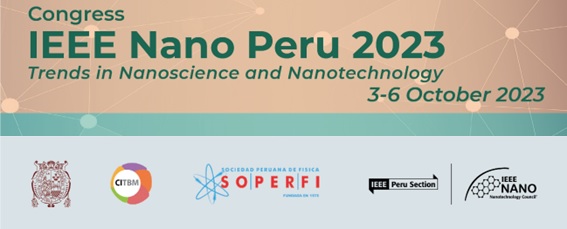CALL FOR PARTICIPATION
IEEE P62659™, Standard for Nanomanufacturing — Large Scale Manufacturing for Nanoelectronics, Working Group Kick-Off Meeting
IEEE Standards Association (IEEE SA) invites you to participate in the Working Group for IEEE P62659™, Standard for Nanomanufacturing – Large Scale Manufacturing for Nanoelectronics. This is a jointly developed revision with IEC.
This International Standard provides a framework for introducing nanoelectronics into large-scale, high-volume production in semiconductor manufacturing facilities through the incorporation of nanomaterials (e.g. carbon nanotubes, graphene, quantum dots, etc.). Since semiconductor manufacturing facilities need to incorporate practices that maintain high yields, there are very strict requirements for how manufacturing is performed. Nanomaterials represent a potential contaminant in semiconductor manufacturing facilities and need to be introduced in a structured and methodical way. This International Standard provides steps employed to facilitate the introduction of nanomaterials into the semiconductor manufacturing facilities. This sequence is described under the areas of raw materials acquisition, materials processing, design, integrated circuits (IC) fabrication, testing, and end-use. These activities represent the major stages of the supply chain in semiconductor manufacturing facilities.
WHY GET INVOLVED
This is a jointly developed revision with IEC. This Standard guides the integration of nanoelectronics into semiconductor manufacturing, ensuring the effective use of nanomaterials like carbon nanotubes. It enhances performance and cost-efficiency in cutting-edge electronics production. As Very Large Scale Integration (VLSI) nanomaterial research grows, industry adaptation becomes crucial for exploiting benefits. Adherence to this Standard is essential for seamless integration, capitalizing on nanomaterial advantages, and keeping pace with VLSI progress. The NTC/SC and IEC/TC113 have determined that no significant revisions to the document need to be performed. However, this working group will review the existing Standard and identify editorial and technical changes and, if appropriate, additions required to upgrade it to ensure that it reflects current technologies and applications.
MEETING INFORMATION
09/28/2023, 10:00 am US Eastern (UTC-4) via Webex Video Conferencing Services
To attend the kick-off meeting please indicate an interest in the project or email the Program Manager, Vanessa Lalitte, at v.lalitte@ieee.org.
LEARN MORE
Indicate your interest in this working group to receive ballot invitations and other notifications about the project through your IEEE Standards myProject account.
For additional information, including meeting link, contact:
Working Group Chair: Santhosh Sivasubramani, ragansanthosh@ieee.org
IEEE SA Program Manager: Vanessa Lalitte, v.lalitte@ieee.org
NTC/SC Chair & TC 113 Liaison: Tyler L. Jaynes, tyler.l.jaynes@ieee.org
